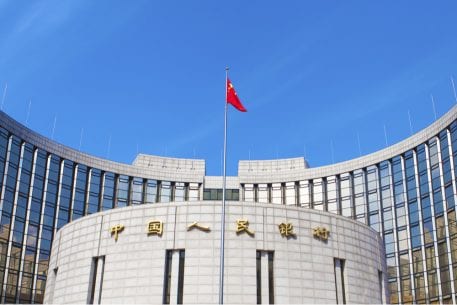To encourage banks to loan as much as $140.18 billion to small businesses during COVID-19, the People’s Bank of China (PBOC) is to begin purchasing loans local lenders provided to small businesses. The central bank plans to use a special relending quota to purchase the loans quarterly from financial institutions that are eligible like rural cooperatives and city commercial banks, among others The New York Times reported.
Minsheng Bank Senior Economist Wen Bin said in the report, “This move will help boost small banks’ ability to support the real economy, especially small firms.” Eligible banks would have to purchase the loans following one year and the central bank would not hold the credit risks in the event the debts go bad. The central bank, for its part, has lamented about the bottlenecks that, in many cases, had funds moving into the stock and property markets.
The economy of China was reduced by 6.8 percent in Q1 compared to the year prior. It will take months before the time that wider activity goes back to points before the crisis even in the event there is no new round of infections per analysts.
In separate news, the PBOC reduced the amount of cash some banks must set aside as reserves to encourage lending per news in April, as the second-biggest economy in the world was set for the most sluggish growth as of the 1970s. The central bank’s plan was to cut the mandatory reserve ratio for rural and small commercial banks by a single percentage point and free up credit.
It was noted that the bank would release $56 billion of liquidity by cutting its reserve ratio, with half the cut set to take place on April 15 and the remainder on May 15 per the report. The move was reported to be the central bank’s way of remedying the lack of credit as companies struggle to stay on an even keel amid the coronavirus crisis.



